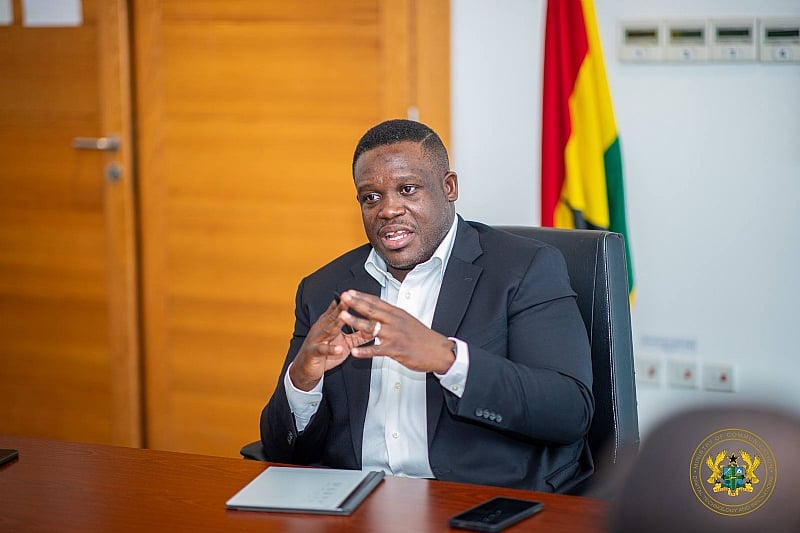Paragraph 1: Setting the Stage for Digital Transformation in Ghana
Ghana, under the leadership of its Minister for Communication, Digital Technology and Innovations, Mr. Samuel Nartey George, is embarking on a significant initiative to modernize its legal framework governing the digital technology sector. Recognizing the rapid evolution of technology and its transformative impact on economies worldwide, the Minister has initiated a comprehensive review of existing legislation to ensure its alignment with current realities and future trends. This proactive approach aims to foster innovation, stimulate economic growth, and firmly position Ghana as a leader in the digital economy. The Minister’s vision underscores the critical role of a robust and adaptable legal framework in facilitating the country’s digital transformation agenda.
Paragraph 2: Task Force and Timelines for Legal Review
To spearhead this crucial task, Mr. Nartey George has assembled a team of legal experts to conduct a thorough review of key legislation pertaining to the digital technology sector. This team has been given a tight two-week deadline to produce a preliminary draft, often referred to as a "zero draft," of the revised legislation. This initial draft will serve as a working document for subsequent stages of review and refinement. The Minister’s emphasis on a rapid turnaround underscores the urgency of this initiative and the government’s commitment to swiftly adapting to the dynamic nature of the digital landscape.
Paragraph 3: Collaborative Approach to Legal Development
The Minister has emphasized that the zero draft will not be the final word on the matter. Rather, it will serve as the basis for a broader consultative process involving various stakeholders. This inclusive approach will ensure that the final legislation reflects the perspectives and needs of all relevant parties, including industry players, civil society organizations, and the general public. This collaborative effort aims to create a legal framework that not only promotes innovation but also addresses potential challenges and safeguards the interests of all stakeholders.
Paragraph 4: Fostering an Enabling Environment for ICT Growth
The central objective of this legal overhaul is to create an environment conducive to the flourishing of Ghana’s Information and Communication Technology (ICT) sector. By aligning legislation with the latest technological advancements, the government aims to attract investment, stimulate entrepreneurship, and create new job opportunities within the digital economy. This initiative is part of a broader strategy to harness the power of technology for national development and position Ghana as a competitive player in the global digital marketplace.
Paragraph 5: Addressing Specific Legal Gaps and Challenges
The legal review is expected to address a range of specific issues related to emerging technologies and their applications. This includes addressing challenges related to data privacy, cybersecurity, intellectual property rights, e-commerce regulations, and the regulation of new technologies such as artificial intelligence and blockchain. The revised legislation will aim to provide clarity and certainty in these areas, fostering investor confidence and promoting responsible innovation. It will also seek to address the growing concerns around online safety and security, ensuring that the benefits of the digital revolution are accompanied by appropriate safeguards.
Paragraph 6: Long-Term Vision for Ghana’s Digital Future
This initiative represents a significant step forward in Ghana’s journey toward a digitally driven future. By proactively adapting its legal framework, the government is laying the foundation for sustained growth and development in the digital sector. This move is not merely a reactive response to technological change, but rather a proactive strategy to embrace the opportunities presented by the digital revolution. The ultimate goal is to create a vibrant and inclusive digital economy that empowers citizens, fosters innovation, and contributes to Ghana’s overall socio-economic progress. The commitment to ongoing review and refinement of the legislation reflects an understanding that the legal framework must remain dynamic and adaptable to keep pace with the ever-evolving digital landscape.


